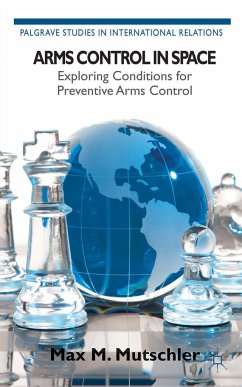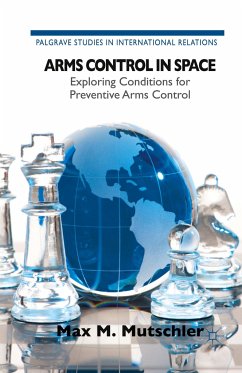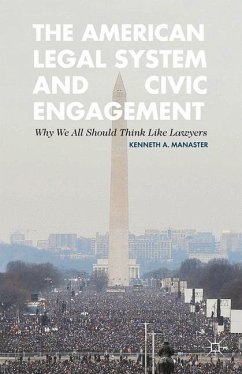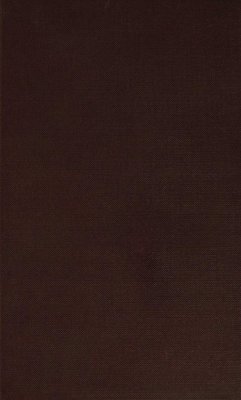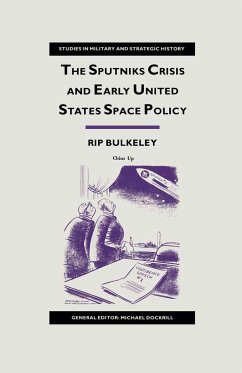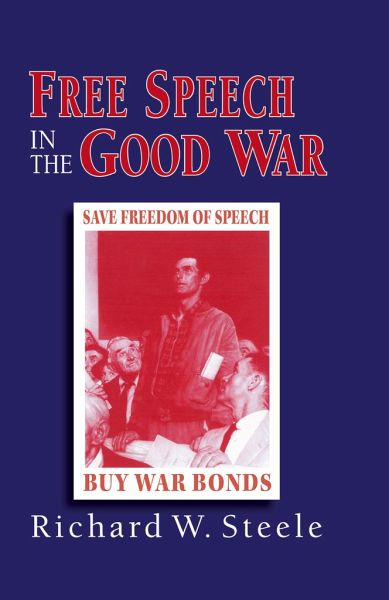
Free Speech in the Good War
Versandkostenfrei!
Versandfertig in 6-10 Tagen
76,99 €
inkl. MwSt.

PAYBACK Punkte
38 °P sammeln!
Troubled by the 'herd' instinct and repression unleashed by World War I, Justice Oliver Wendell Holmes insisted that the right of any American to be heard depended on the right of all Americans to speak regardless of how obnoxious their views. This ideal, which was to become a defining aspect of the nation's political culture, was put to the test during World War II by the hate-filled rhetoric of Bundists, Christian fundamentalists, Black nationalists, and others. Idealism faltered as citizens, including erstwhile civil libertarians, demanded a new 'realistic' definition of free speech. This b...
Troubled by the 'herd' instinct and repression unleashed by World War I, Justice Oliver Wendell Holmes insisted that the right of any American to be heard depended on the right of all Americans to speak regardless of how obnoxious their views. This ideal, which was to become a defining aspect of the nation's political culture, was put to the test during World War II by the hate-filled rhetoric of Bundists, Christian fundamentalists, Black nationalists, and others. Idealism faltered as citizens, including erstwhile civil libertarians, demanded a new 'realistic' definition of free speech. This book tells the story of the brave, not always successful, efforts of a few officials to sustain the libertarian ideal in the face of military defeat, rumours of Fifth Columnist intrigue and demands that the appearance of national unity be sustained by government repression. This is a unique examination of how civil libertarian ideals, developed by the courts and legal scholars, were applied by government in crisis times. It therefore suggests, as few other works do, the viability and practicality of free speech orthodoxy.




